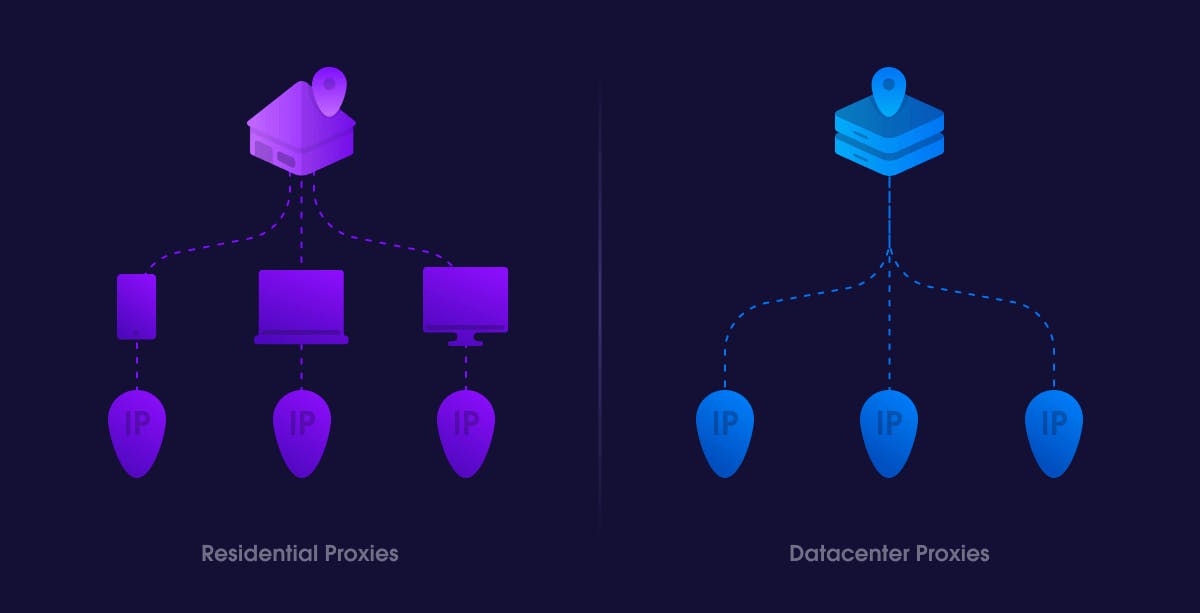Perhaps you have been aware of static residential IPs but don't have a notion of what it actually is? In that case, then you've arrive at the best place. In this blog, we'll take a peek at Static Residentials IPs at length and allow you to understand what they are, how they work, and where they're used.

Firstly, let's start with a short overview of what an IP address is. An IP address is just a unique identification number assigned to every device attached to the internet. It enables devices to communicate with each other across networks and enables you, as a user, to access the internet.
Static residential IP addresses are a form of IP address employed by internet service providers (ISPs) for providing internet connections for their customers. They vary from dynamic residential IP addresses, which change everytime your device is linked to the internet.
Static residential IP addresses are unique and do not change over time. Which means that you should use the same IP address for an extended time frame, providing greater stability in internet connections. Additionally they provide better security than dynamic residential IP addresses as they are assigned to a specific location or device and are less likely to be used for malicious activities such as hacking or spamming.
Static residential IPs are commonly used by businesses for web scraping and automation tasks, as well as for more general internet use. They're also helpful for individuals who require stable and reliable online connections, such as for instance remote workers, online gamers, and streamers.
Another use case for static residential IPs is geo-targeted marketing. IP addresses are assigned to different geographical locations, which means that companies can utilize them to focus on specific regions or audiences for his or her products or services. For example, if a restaurant chain wished to launch a marketing in a specific city, they may use static residential IPs to specifically target that area.
Static residential IP addresses are not created equal, however. Some ISPs offer better quality IPs than others, and some even offer dedicated static IPs, which are not shared with anyone else. This is often especially useful for businesses that require a high level of customization and control over their internet connection.

Conclusion:
In conclusion, static residential IPs offer many benefits to both individuals and businesses. They supply a reliable and reliable net connection, increased security, and the capability to target specific regions or audiences. If you are looking for a highly customized and reliable net connection, then the static residential IP will be the right choice for you. Just make sure to do your research and choose an ISP that gives quality static residential IPs that meet your specific needs.
